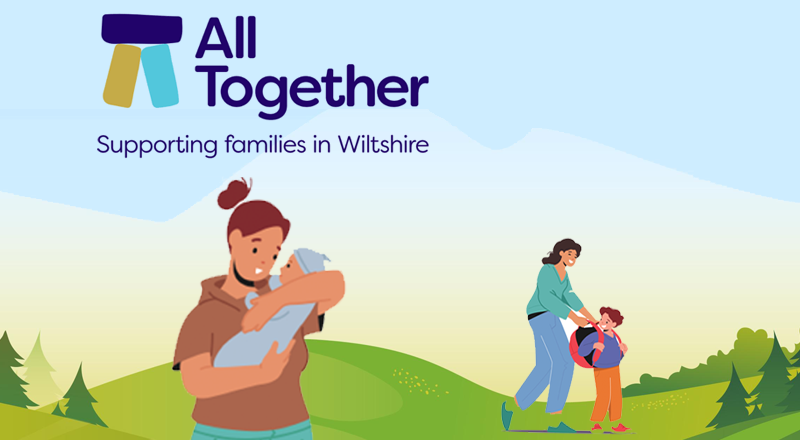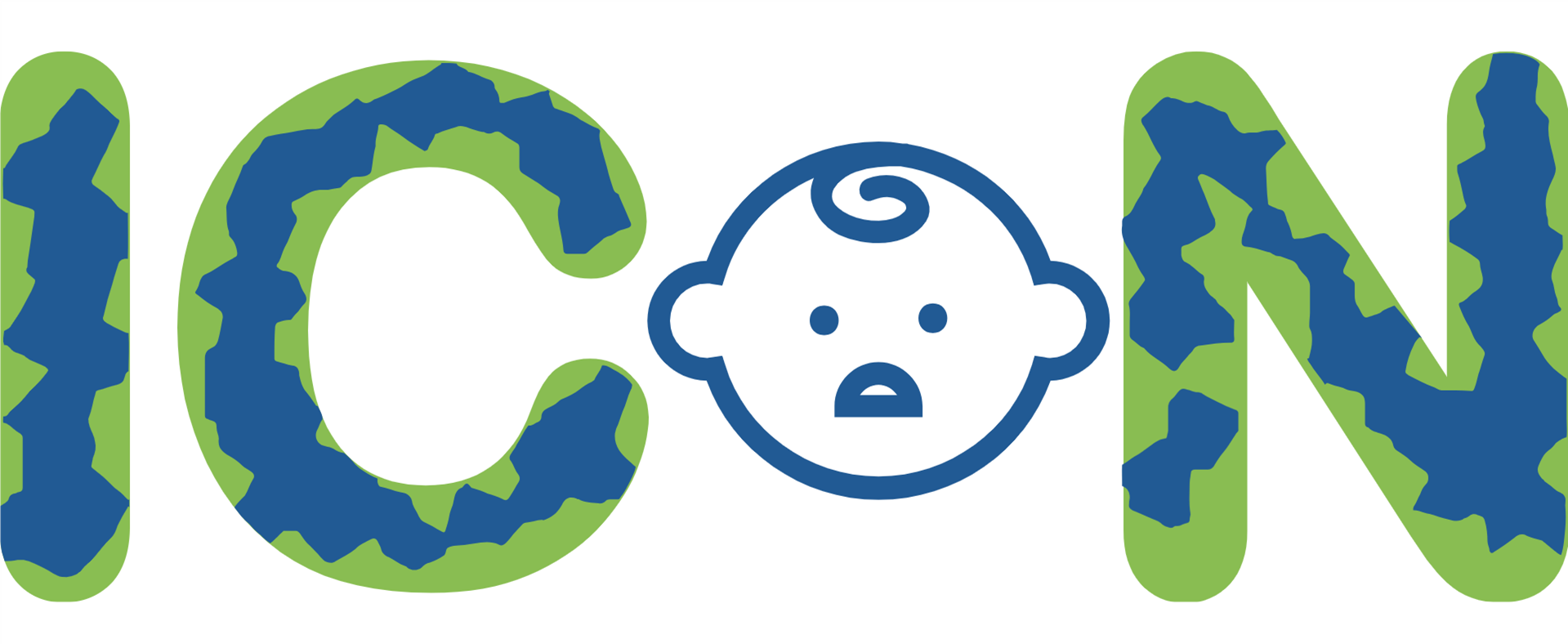
0 – 5 Years Journey
Wiltshire Together have launched a new 0 – 5 Years Journey webpage. It is an interactive resource designed to help parents, carers and families as they navigate the different stages from pregnancy to their child starting school.
It contains advice and information for each stage of your journey as well as services, resources and support available to you.
It is a general guide, so if your child has special educational needs or disability (SEND), please see the information, support and advice available at Early Years (0- 5) – Local Offer.
ICON Cope

Following a study in 2016, research suggested that some lose control when a baby’s crying becomes too much. Some go on to shake a baby with devastating consequences, such as causing Abusive Head Trauma (AHT), also known as shaken baby syndrome.
The ICON programme was developed to help people who care for babies to cope with their crying. It provides advice about how to comfort and soothe a crying baby and how to cope when it goes on for a long time.
Vaccination Planner
This handy guide helps you understand the childhood immunisation programme and enables you to plan for your child’s vaccination appointments.
It is important that vaccines are given on time for the best possible protection. If you realise you or your child have missed a vaccine, please contact your GP to catch up.
Development
Visit the NHS page on baby’s development to learn more about what to expect and how to deal with developmental milestones, such as potty training, teething, behaviour and many others.
You will be offered regular health and development reviews for your child until they are 2. These reviews are usually done by a health visitor or a member of their team, and may be done in your home or at your GP surgery, baby clinic or children’s centre.
PCHR
Shortly before or just after your baby is born, you will be given a red book that is a personal child health record (PCHR). It is a good idea to take this with you every time you visit the baby clinic or GP. It will be used to record vaccinations, height and weight and other important information. You may also record information in the book yourself, such as any illnesses or accidents your baby has or any medicine they take.
Common Illnesses
There are a number of illnesses and ailments that commonly affect children. Although many illnesses are now vaccinated against, such as MMR, meningitis, polio etc., there are still many that are common.
- Chickenpox – an itchy, spotty rash that usually gets better in 1 to 2 weeks.
- Glue Ear – when the middle part of the ear canal fills with fluid. It can cause temporary hearing loss, ear pain and problems with balance. It usually clears up within 3 months.
- Head Lice – also called nits, they are tiny insects that feed on blood from the scalp. You should treat head lice as soon as you spot them, but there is no way to prevent them. You do not need to see a GP to treat head lice.
- Croup – a condition that mainly affects babies’ and young children’s airways. Although it is usually mild and should get better within 48 hours, it is important to call NHS 111 or see your GP if you think your child has croup in case they need treatment.
- Slapped Cheek Syndrome – also called fifth disease, it can cause your child to feel unwell with a high temperature and a runny nose and sore throat. A red rash may appear on one or both cheeks. It should get better within 3 weeks.
- Scarlet Fever – causes flu-like symptoms and a rash that makes your skin feel rough, like sandpaper. A white coating can also appear on the tongue that peels and leaves the tongue red, swollen and covered in little bumps (called strawberry tongue). If it doesn’t get better within a week, you will need to see a GP who will prescribe antibiotics.
- Nappy Rash – can cause an itchy, dry, painful bottom for babies. It can be treated and prevented at home with simple guidance, such as changing dirty nappies as soon as possible, making sure they fit your baby, keeping the skin clean and dry, etc.
These are just a few of the possible conditions that can affect your child. If there is anything you are unsure of or anything that does not seem to be getting better, it is important to contact your GP or NHS 111.